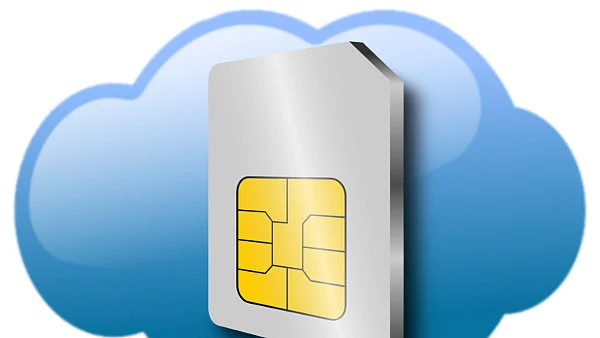Pulwama attack triggers dangers of virtual SIMs
Adil Dar, Jaish-e-Mohammed bomber behind Pulwama attack, reportedly used virtual SIM generated by a service provider in the US, prompting security agencies in India to seek more details about it

As reports emerged of the suicide bomber behind the Pulwama attack in Jammu and Kashmir using virtual SIMs for communication with his handlers, the country woke up to the dangers of allowing these kinds of app-based communication services.
What are these virtual SIMs and how do they work?
Virtual SIM is an application-enabled service that requires you to install an app to use a number. With this technology, it is possible for one to have numbers of different countries.
There are a number of apps that offer virtual SIMs for Android and iOS users. InstaVoice ReachMe, for example, offers virtual numbers from the US, UK, France and Canada. Incoming calls to the virtual number can be answered for free in the ReachMe app, over data or Wi-Fi.
FreeJe is another such app that offers virtual numbers of more than 70 countries.
These apps which often offer calling as well as messaging services generally work using the VoIP (voice over IP) technology.
There are several benefits of a virtual SIM. If you have to travel to a foreign country, you can give your virtual SIM number to a friend and make use of free incoming call services that many of these apps offer.
If you run a business, virtual SIMs can help you have a different number for business purposes while keeping your physical SIM number completely private.
However, there are also dangers of using virtual SIM as the verification process can easily be faked by bad actors.
Adil Dar, the Jaish-e-Mohammed (JeM) bomber behind the Pulwama attack, reportedly used virtual SIM generated by a service provider in the US, prompting security agencies in India to seek more details about the terrorist and his associates from the US service providers.
"Now this is an issue, because first of all you will have to depend on how closely the other country would cooperate and the second issue is that the address and other details might be faked," Faisal Kawoosa, Chief Analyst at market research firm techARC, told IANS.
The February 14 Pulwama attack killed 40 CRPF personnel and brought India and Pakistan on the brink of a conflict.
"The government must simply ensure that such virtual coordinates are blocked in India," Kawoosa said, while adding that virtual SIMs should not be confused with eSIM or embedded SIM that users of the latest iPhone models can use.
In India, telecom operators Airtel and Reliance Jio offer eSIM, or digital SIM support.
"eSims first of all let you change the operator without any swap of SIMs and you would digitally go to a new operator. Upon registration your eSim would get reconfigured on a new operator network," Kawoosa said.
"eSIMs are the inevitable future as regards the evolution of SIMs. It's going to happen and more smartphones are going to be launched with eSIM," he added.
Follow us on: Facebook, Twitter, Google News, Instagram
Join our official telegram channel (@nationalherald) and stay updated with the latest headlines
